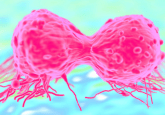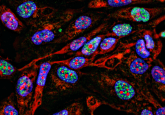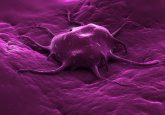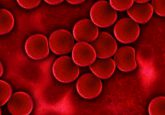Portable, low-cost ‘paper machine’ developed to diagnose diseases in developing countries
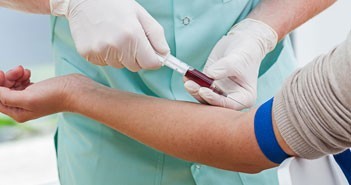
Screening for cancer and infectious diseases in industrialized countries often requires high-cost specialist equipment and highly trained staff. In developing countries, where there are limited resources, it is far more difficult to perform the same tests.
A group of researchers are addressing this challenge by developing a portable, low-cost ’paper machine’ for point-of-care diagnosis of infectious diseases, genetic conditions and cancer. Their findings have been published in ACS journal Analytical Chemistry.
Modern diagnostic techniques often analyze DNA in a patient’s blood, for example foreign genetic material will be detected if pathogenic bacteria are present. The challenge involved in bringing this technology to developing countries is that samples are often prepared and analyzed under precisely controlled temperatures. Co-author of the study, John Connelly, a Senior Scientist at Diagnostics for All (MA, USA), and colleagues are working to improve the accessibility of this type of technology.
The team condensed sample preparation, DNA analysis and detection steps into a hand-held paper machine, using materials that cost less than US$2. The machine successfully detected as few as five E. coli cells in test samples. The results can be read utilizing ultraviolet light and a smartphone camera.
Source: A portable ‘paper machine’ can diagnose disease for less than $2; Connelly JT, Rolland JP, Whitesides GM. “Paper Machine” for molecular diagnostics. Anal. Chem. 87 (15), 7595–7601 (2015).

